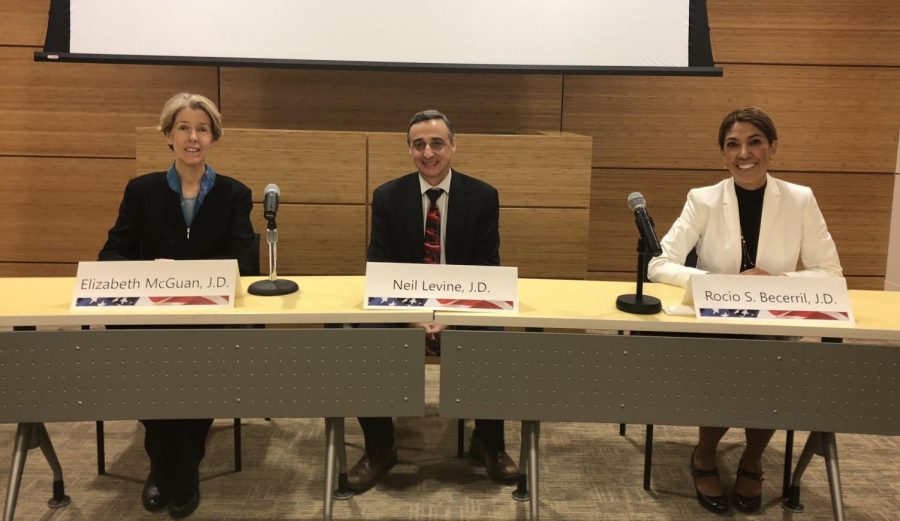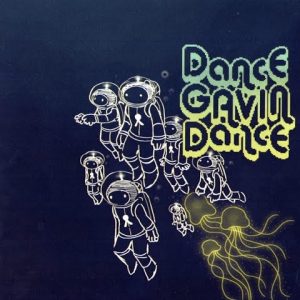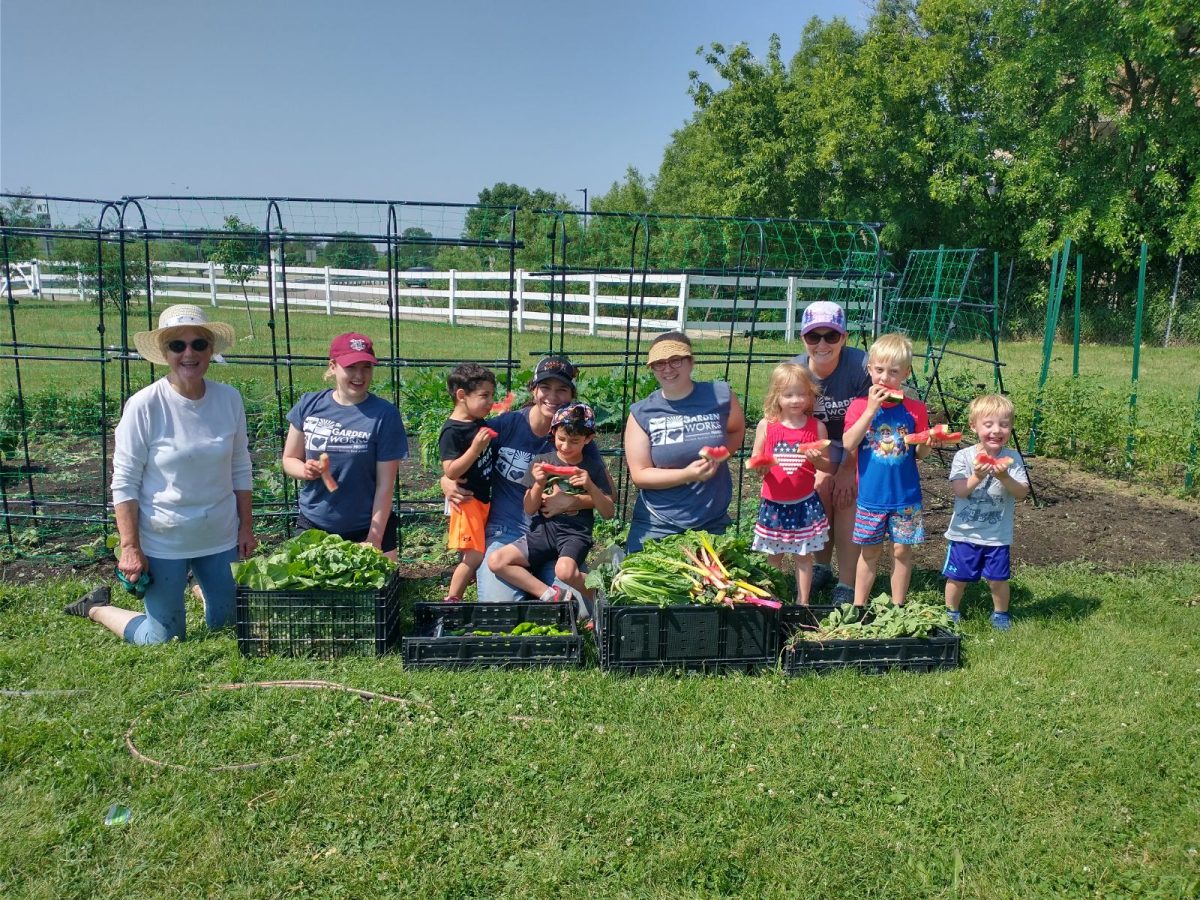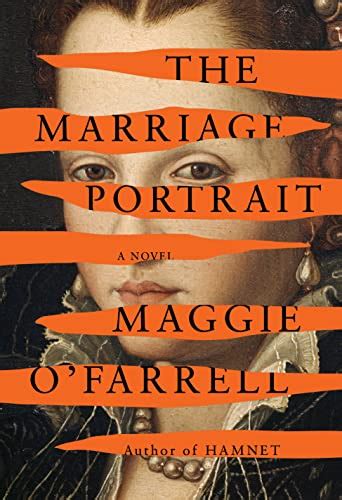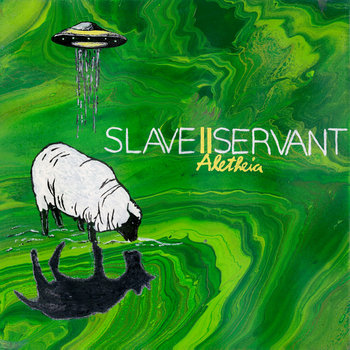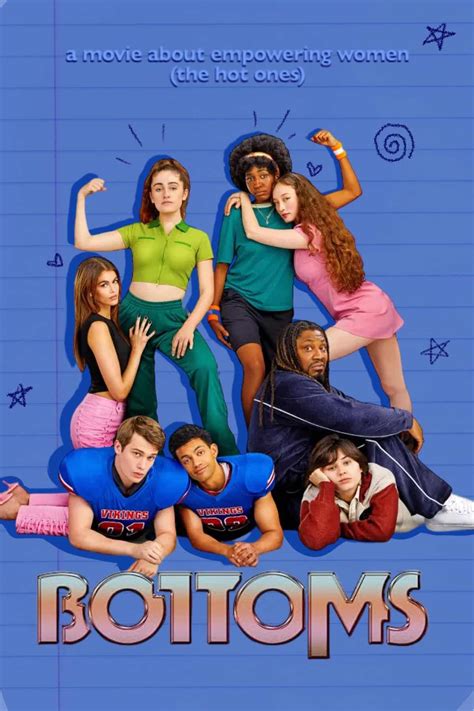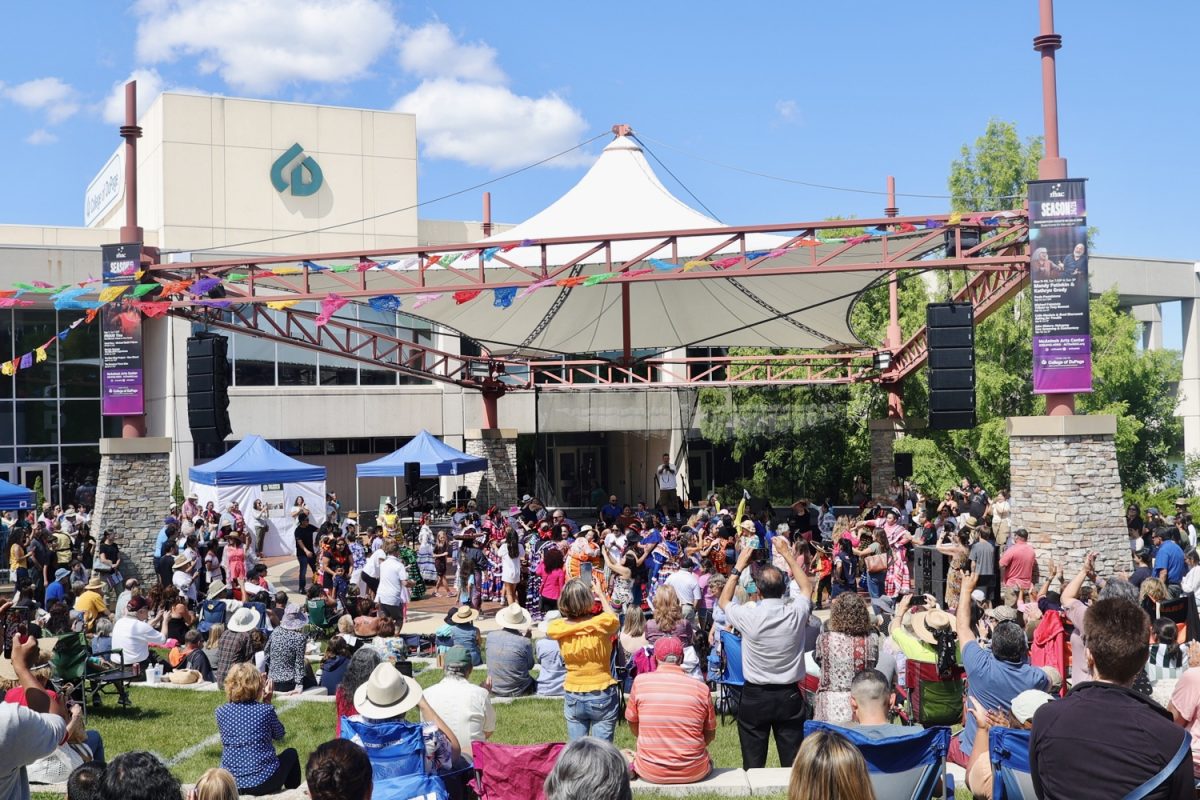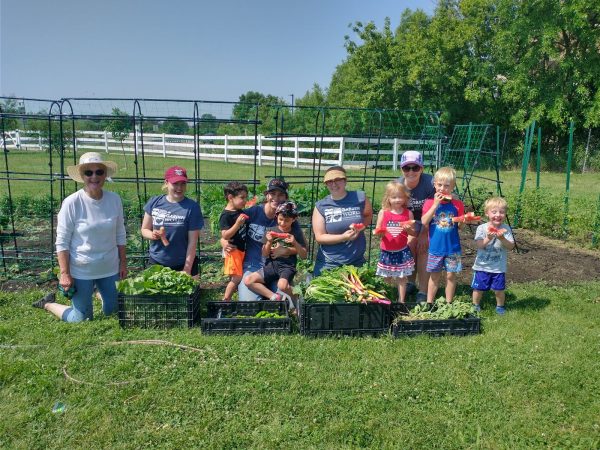Constitution Day Panel Answers Questions on Immigration
October 1, 2018
Immigration attorneys discussed the Trump administration’s travel ban and its relationship to the Constitution in a recent celebration of Constitution Day at the College of DuPage. Although the three attorneys worked with immigrants in different capacities, the three seemed to share similar viewpoints on the matter.
“Immigration is incredibly complicated. A lot of people have little snippets of information, but they don’t understand the entire picture,” family immigration attorney, Elizabeth McGuan said.
McGuan began the discussion by overviewing the Constitution and how immigration laws have developed over time. She proposed the idea in her opening speech that unless we are 100 percent Native American, we are all immigrants or descendants of immigrants.
“This country will continue, as it has for 200 years, to rely on the Constitution as our main force…Our presidents will change, our Supreme Courts will swing right or left, but the Constitution remains the same,” McGuan said.
DACA and U Visa attorney Rocio Becerril and criminal law attorney Neil Levine joined McGuan on the panel in William J. Bauer Mock Courtroom.
Questions ranged from how immigrants can become sponsored by current U.S. citizens, to a few misconceptions about why people immigrate illegally to America.
The panel spoke about sponsorship and whether or not it is helpful to be married to a U.S. citizen if you are an undocumented immigrant.
“In order to be sponsored or to obtain a green card, you need to have someone sponsor you. Your parents, children over age 21, siblings or someone who already has documentation can sponsor you,” Becerril said.
Sponsorship is a necessity when non-citizens overstay their visas by multiple years and need to renew them, or don’t have documentation to begin with.
“ If you entered with a visa, it’s a lot easier to get a green card when marrying a U.S. citizen,” Becerril said.
As the panel wrapped up the question and answer segment, a few misconceptions were laid out, beginning with the difference between a refugee and an asylee.
“A refugee is someone who has come into the United States with refugee status, while an asylee is someone who comes to the border and says, ‘they’re going to kill me,’” McGuan said.
Panel facilitator Robert Moorehead addressed another common misunderstanding about undocumented immigrants causing crime to spike in the United States.
“Documented and undocumented immigrants are less likely than a native born to commit a crime… The more Americanized they [immigrants] become, the more likely they are to commit a crime,” Moorehead said.
Three paralegal studies students also spoke about their personal experiences immigrating to America or emigrating from America.
COD student Melanie Corpe returned to America after living in China for two years. She highlighted parts of the Constitution that fascinate her.
“The wisdom of the Constitution is demonstrated in many ways, from its structured and detailed approach to its straightforward and direct language. Perhaps one of the most important features of the Constitution, in my opinion, is its constant acknowledgement of impermanence,” Corpe said.
The second COD paralegal student invited to the stage was Inez Karlsson, a first generation immigrant from Sweden. Karlsson proposed a more positive way for immigrants to enter America and become successful as she did back in 2005.
“Just like I’ve worked hard, all the others that come to this country have the obligation to work hard as well,” Karlsson said. “ In today’s society, immigrants must work harder to integrate themselves into American culture while trying to become established in their own communities.”
Paralegal Karin Mandigo spoke about federally run detention centers for children captured with their parents while trying to immigrate into America. In May of 2017, these facilities ran at about 30 percent occupancy with approximately 2,400 children in custody, she said. As of May of 2018, following President Donald Trump’s zero tolerance policy, the facilities ran at 90 percent occupancy.
According to a 1997 Flores settlement, children of families caught migrating across one country to the next illegally may only be taken away from their parents for a maximum of 20 days. Since the instatement of Trump’s zero tolerance policy on illegal immigration, children and parents have been held apart for more extensive periods of time with release dates unknown.
Mandigo relates the holding of immigrants from southern countries to the rounding up of approximately 12,000 Japanese Americans in internment camps during World War II. Reparations have since been given to survivors of the Japanese internment camps for a denial of their basic Constitutional rights but can not make up for hardships and loss faced by the citizens, she said.
In addition to the Constitution Day panel and discussion, the COD Library hosted student, faculty and staff participation in rewriting the Constitution by hand. The rewriting is encouraged as a way to study and reflect upon the supreme law.
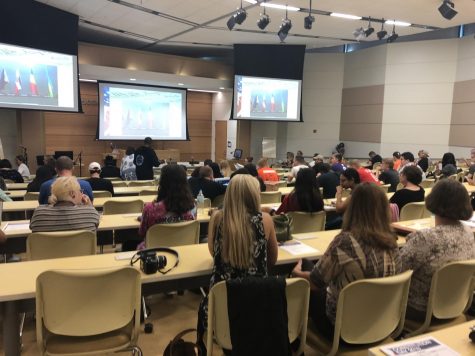 Madison Venkus
Madison Venkus

